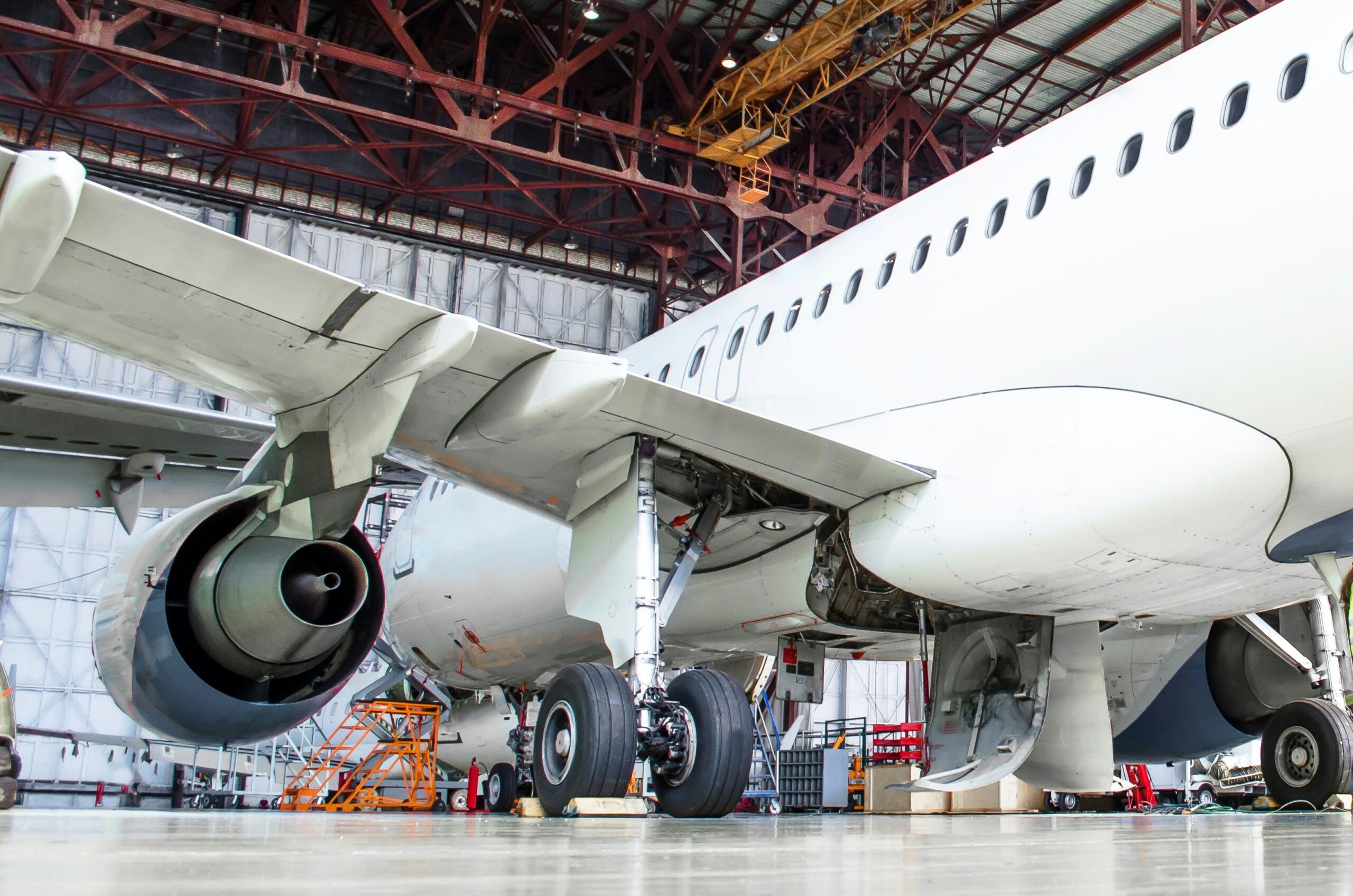Lean in Aerospace: How the Industry is Cutting Waste and Costs
The aerospace industry, renowned for its complexity and precision, has increasingly embraced lean manufacturing principles to enhance efficiency, reduce waste, and cut costs. Originating from the Toyota Production System, lean manufacturing focuses on maximizing value by eliminating non-value-adding activities. In aerospace, this translates to streamlining production processes, minimizing excess inventory, reducing lead times, and optimizing workflows.
Key Lean Principles in Aerospace
- Waste Reduction – Identifying and eliminating waste is paramount. In aerospace manufacturing, this involves reducing excess inventory, minimizing production lead times, and enhancing workflow efficiency. By systematically targeting non-value-adding activities, manufacturers can allocate resources more effectively.
- Continuous Improvement (Kaizen) – A culture of ongoing enhancement encourages employees at all levels to contribute ideas for process improvements. This collective approach fosters innovation and adaptability, essential in the competitive aerospace sector.
- Value Stream Mapping – This visual tool analyzes the flow of materials and information, helping to identify inefficiencies and areas for improvement. By mapping each step, stakeholders can pinpoint bottlenecks and streamline operations.
Challenges in Lean Implementation
Adopting lean principles in aerospace is not without challenges. The industry’s intricate supply chains, stringent regulatory requirements, and the high cost of errors necessitate a tailored approach. Companies must invest in employee training, foster cross-functional collaboration, and develop robust change management strategies to ensure successful lean transformations.
Future Outlook
As of March 2025, the aerospace industry continues to evolve, with lean manufacturing principles playing a pivotal role in shaping its future. The integration of advanced technologies, such as artificial intelligence, is further enhancing lean practices. For instance, GE Aerospace has been leveraging AI for over a decade to analyze engine performance, leading to a 60% improvement in predictive maintenance actions. This synergy between lean methodologies and technological advancements is expected to drive further efficiencies, cost reductions, and innovation in aerospace manufacturing.
Conclusion
The aerospace industry’s commitment to lean principles underscores a dedication to operational excellence. By continually refining processes, embracing technological advancements, and fostering a culture of continuous improvement, aerospace manufacturers are well-positioned to navigate the complexities of the modern era, delivering value to customers while maintaining rigorous safety and quality standards.
If you are interested in making a move in the Mobility space or are looking for an expert to join your team, then please reach out to Daley at daley@akkar.com








